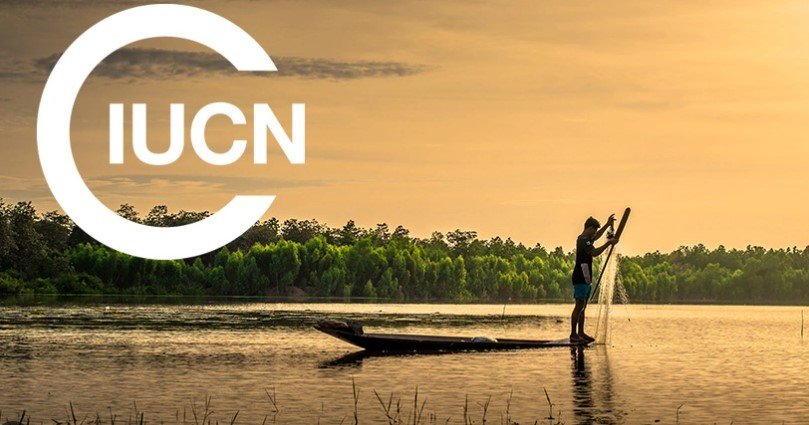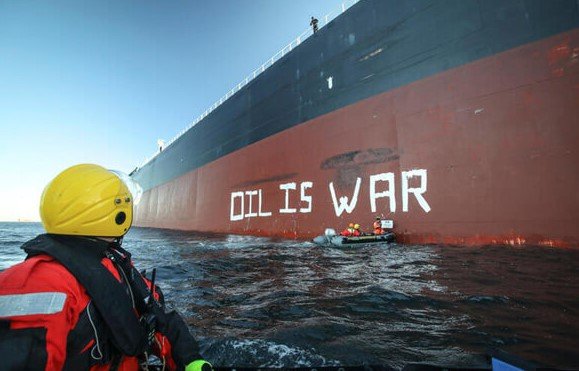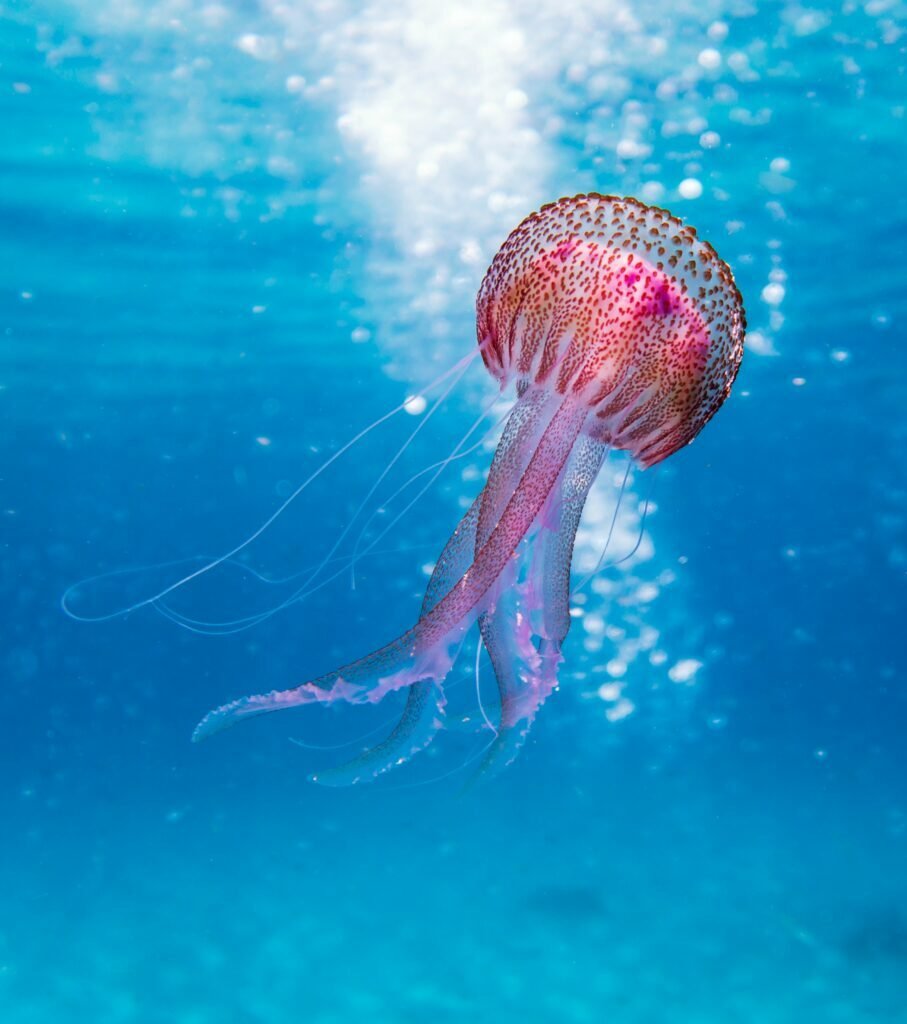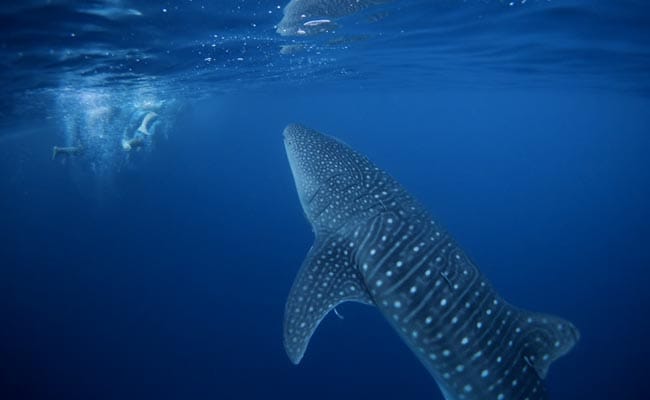Ocean Treaty: After a decade of negotiations, a historic agreement is achieved
After ten years of talks, nations have secured a historic pact to safeguard the oceans. To protect and restore marine life, the High Seas Treaty designates 30% of the oceans as protected zones by 2030. After 38 hours of negotiations, the deal was finalized on Saturday night at the UN’s New York headquarters.
Years of negotiations have been stalled due to divergent views on funding and fishing rights. The UN Convention on the Law of the Sea, the most recent international accord on ocean preservation, was signed in 1982, 40 years ago.
Just 1.2% of the high seas, which are international waterways where all nations have the right to fish, ship, and conduct research, are currently protected. Climate change, overfishing, and maritime activity have all put marine life that exists outside of these protected regions under danger.
According to the International Union for Conservation of Nature, approximately 10% of marine species worldwide were deemed to be in danger of going extinct in the most recent study (IUCN).

The amount of fishing allowed in these new protected zones, which were established by the treaty, as well as the paths of shipping channels and exploration activities like deep sea mining (the removal of minerals from a sea bed 200 meters or deeper), will be restricted.
Environmental organizations have expressed worry that mining operations could contaminate marine life, affect animal spawning areas, and produce noise pollution.

In the future, “all activity in the deep seabed will be subject to severe environmental laws and oversight to ensure that it is carried out sustainably and responsibly,” the International Seabed Authority, which regulates licensing, told reporters
The largest living fish and an endangered species, the whale shark, may be able to recover with the aid of marine protected areas.
After two weeks of negotiations that occasionally looked like they could break down, Rena Lee, the UN Ambassador for Oceans, dropped the gavel.
The primary concern, according to Minna Epps, director of the IUCN Ocean team, relates to the sharing of marine genetic resources.
Marine genetic resources are biological components from marine plants and animals that can be used in food, industrial operations, and medications to benefit civilization.
Although richer countries now have the means and funds to explore the deep ocean, poorer countries wanted to make sure that any benefits they may discover are distributed fairly.
Key components for HIV and cancer medicines have been found in sea sponges. The difficulty, according to Dr. Robert Blasiak, an ocean researcher at Stockholm University, is that no one is aware of the value of ocean resources or how they could be divided.
He stated: “Our understanding of the deep ocean can be compared to a large, high-definition, widescreen TV where only three or four of the pixels are functional. There are thought to be more over two million species in the ocean, but we have only identified roughly 230,000 of them.”

The nations were praised for “setting aside differences and delivering a pact that will help us protect the seas, increase our resilience to climate change, and secure the lives and livelihoods of billions of people,” according to Laura Meller, an oceans campaigner for Greenpeace Scandinavia.
She continued, “Today is a momentous day for conservation and proof that, in a divided world, safeguarding people and the environment can win over geopolitics.
The accord must be formally adopted at another meeting, and there will be a lot of work to be done before the treaty is put into effect.
Director of the Pews Trust ocean governance team Liz Karan stated to reporters: “It will take some time for it to start working. It must be ratified by nations in order to become a binding legal document. The Scientific and Technical Committee is one of many institutional entities that must be established.”




